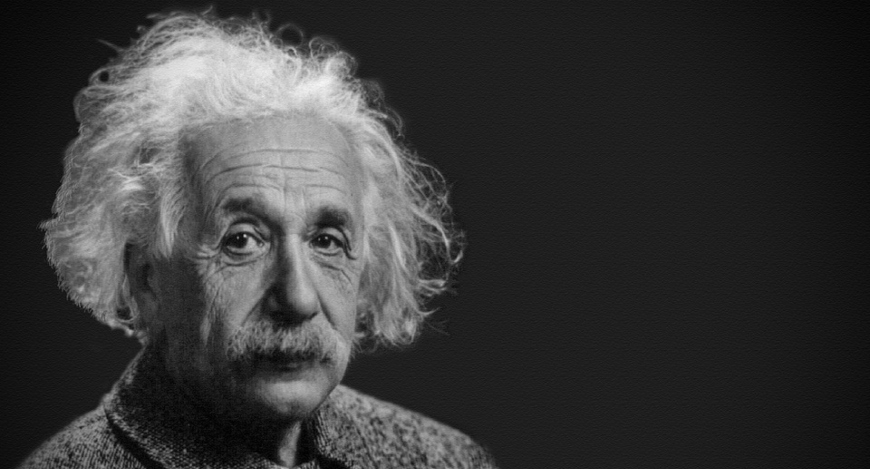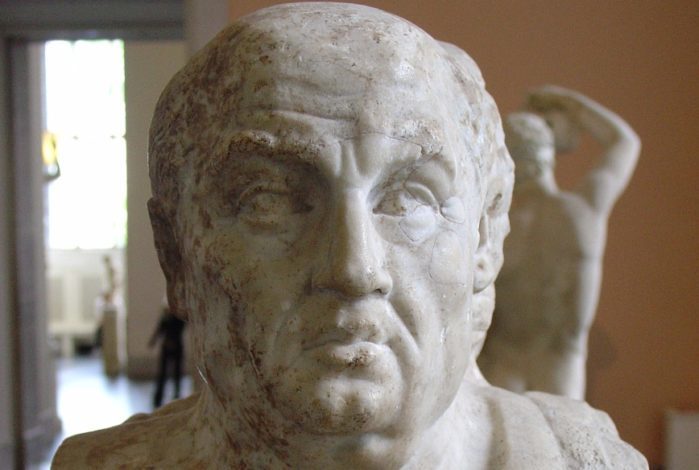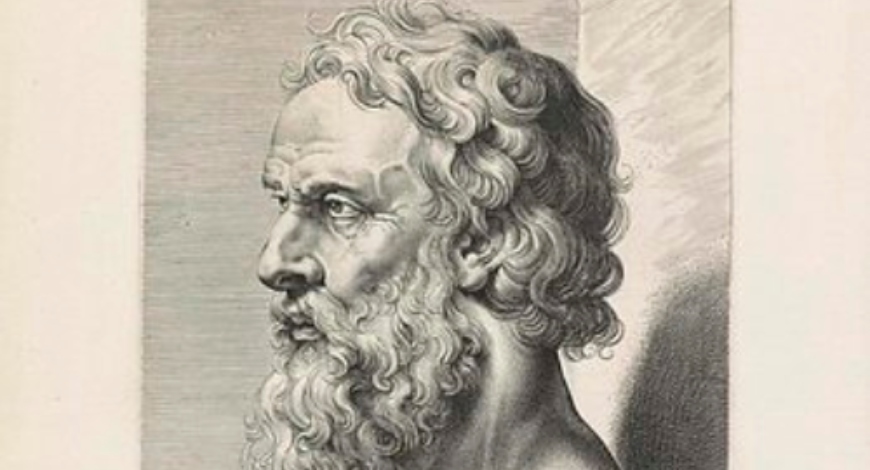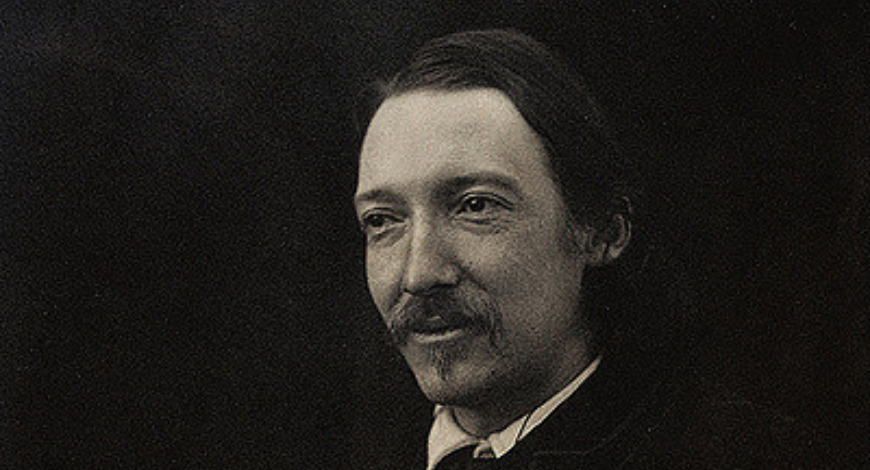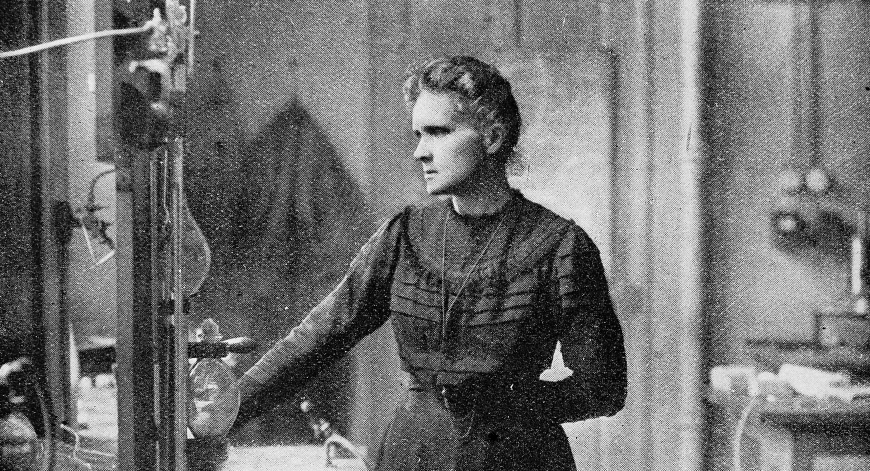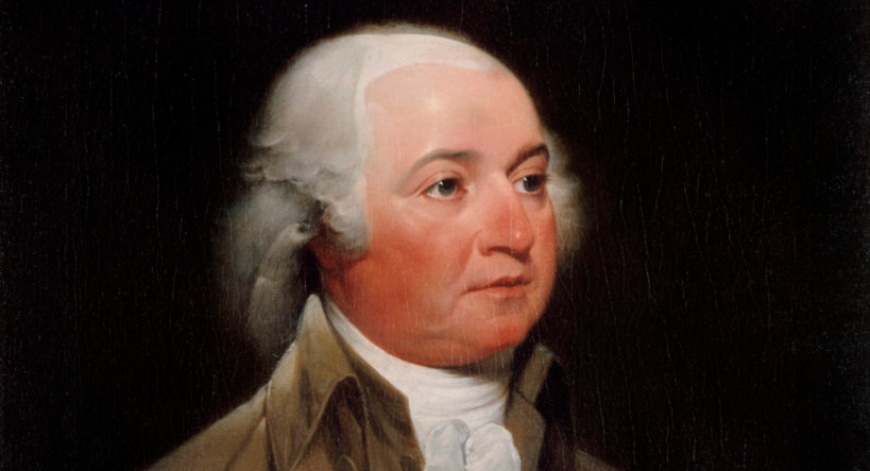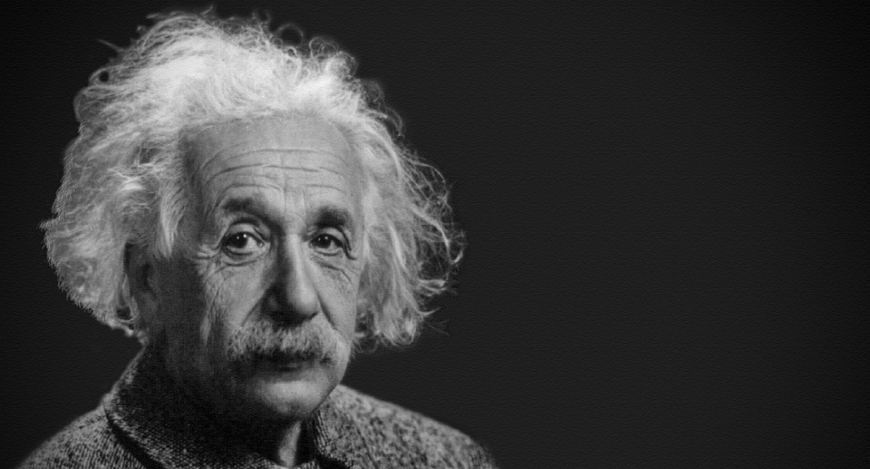We often think of success in life as being tied up with the external rewards we get like money, fame or power. Life is viewed as a race to achieve these rewards. But maybe we are running the wrong race, maybe we should pursue more internal rewards like being a good person and doing the right thing. Aligning our life to the pursuit of moral values may not give us riches and fame, but it brings great value to the world.
Most agree that you can’t change much in the world if you don’t have the knowledge of what needs to be changed. With education comes understanding, perspective and a keen awareness of how to bring change into reality. Education is a powerful weapon indeed. But action in the form of protest and self-advocacy are also vital tools to effect change, and they don’t require an education as much as they require courage, spirit and drive. Knowledge and action must work together to make change happen.
Anger is one of those emotions that we say is inherently dangerous and unpredictable. If we are angry, we are told to wait it out a little and let the intense feelings pass. Yet, sometimes getting angry is actually a wise strategy, especially if we feel that our loved ones are in danger or we must defend ourselves. A quick, smart angry response is the better solution. Students must learn how and when to use anger to achieve the best possible outcomes for themselves and others.
Being a good person is hard enough. It’s even harder when we occupy positions of authority. That’s because authority gives us leeway to deal with others in whatever way we want, and carry through with punishments of our design. How we execute our power reveals our true values because we had the power to choose otherwise. Yet, adversity and hardship test our values too, and sometimes uncover more of who we really are.
Kids rush into decision-making without forethought sometimes. They do it on term papers, in class projects and even in their relationships. Often, this approach causes more heartache and work in the long run. There is a lot to be said about careful, slow planning to avoid mistakes. But there’s also an inherent danger in taking the cautious approach. For if they spend all of their time planning, then there’s not much left for experimentation and learning from mistakes.
The only thing worse than being afraid is for others to see you that way. Fear diminishes a person’s ability to lead others. It causes hesitantcy, doubt and an inability to make decisions when they matter most. Courage, on the other hand, inspires the opposite– faith, hope and an unbreakable will to overcome setbacks. But maybe revealing our fears and being vulnerable shows a different kind of strength which gives us self-confidence and influence over others.
When many kids talk about strategies for living a happy life, they often talk about goals, like getting a great job or becoming famous. If they reach that goal, then that’s clear evidence of success and deep satisfaction for having pursued something to completion. But what about the relationships we build? They also shape our happiness in a meaningful way but don’t always have end goals. Sorting what makes a person truly happy is very challenging work.
Students confront problems everyday. Some are small like how to study for an exam or get a ride to school, and some large like how to support their friends who are in unhealthy relationships. All of these problems involve the choice of whether to intervene or do nothing and let the situation play itself out. Each choice is hard and leads to consequences.
So many of our students feel pressure to be the perfect athlete, student or friend. This feeling is accompanied by a pervasive fear of failure and the possibility that they might let others down. When they fall short of perfection, students have important decisions to make about whether to keep pursuing it or be okay with something less. The decisions they make shape their sense of self-worth and draw the contours of their future relationships.
Students are no strangers to power. They have parents, coaches and teachers exerting power over them and telling them what to do. Students slowly develop a moral sensibility towards authority figures and are quick to point out when they feel power is being used in negative and positive ways.
Critical thinking is hard work and students know it. To be a good critical thinker a student must examine life closely, ask lots of questions and be tolerant of uncertainty. Often, critical thinking leads to unpleasant truths about people and the world. For many, it’s so much easier to just accept the way the world is and not question it. Students must decide for themselves whether living an examined life is the right path towards fulfillment and happiness.
Many students don’t like rules, and that’s because rules often make students turn against their consciences and deny what they think is right. Yet obedience to rules is necessary for stability. Schools, families and governments can’t function without adherence to the rules. The tension between our impulse to obey authority and our duty to follow our conscience never goes away.

